Obsessing about how many homes are being built is a similar mindset to GDP-gazing – it fails to understand the true nature of the problem
Labour’s housing solution is doomed to fail


Obsessing about how many homes are being built is a similar mindset to GDP-gazing – it fails to understand the true nature of the problem

We discover that anarchy is not – as it is commonly understood – simply about a lack of power or authority but is instead a highly complex theory of organisation.
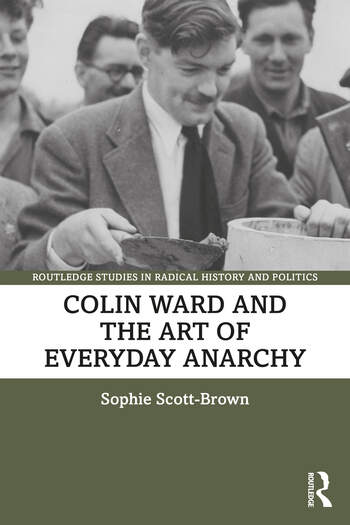
Author: Sophie Scott-BrownColin Ward and the Art of Everyday AnarchyRoutledgeISBN: 9780367569303 In Sophie Scott-Brown’s excellent, well-researched and insightful biography of Colin Ward, one of Britain’s most interesting alternative thinkers of the twentieth century, the reader can find an in-depth analysis of the various stages and evolution of my dad’s work and life.
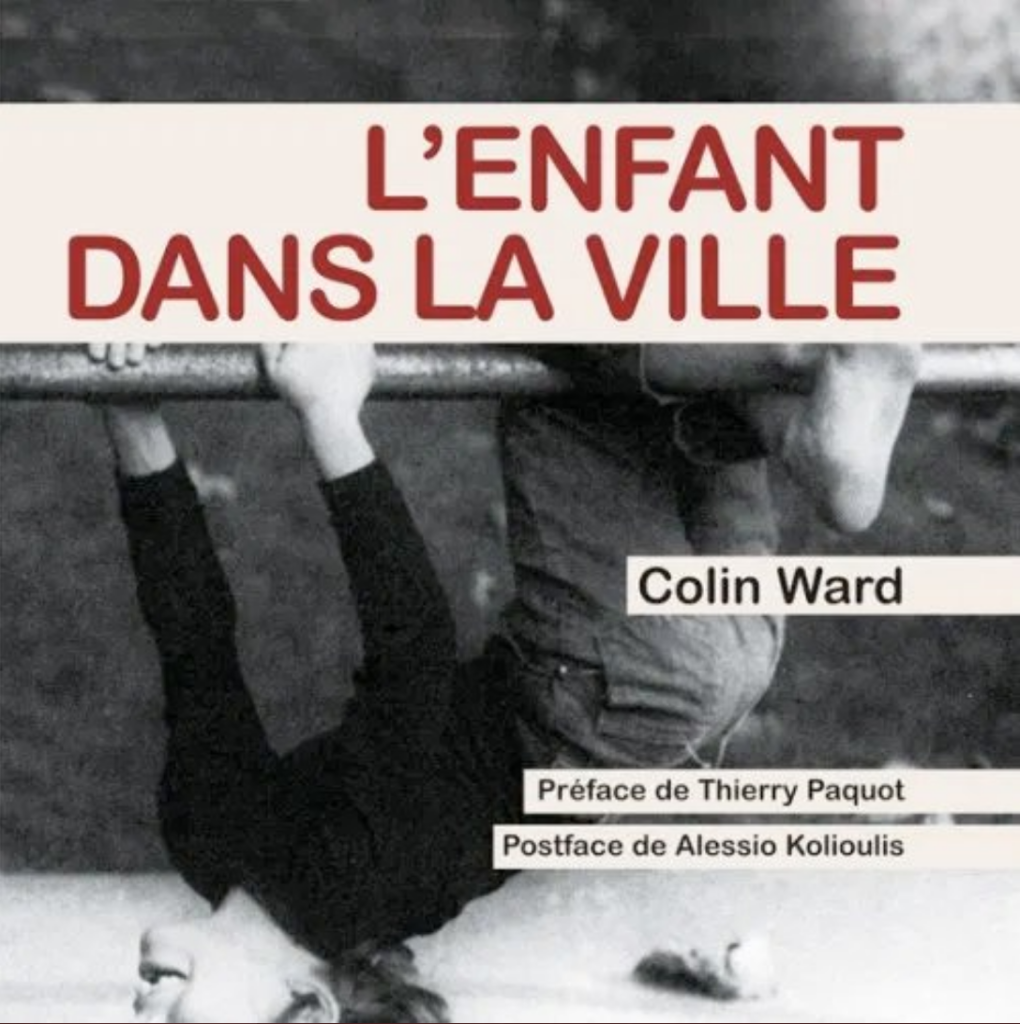
A French language translation of Colin Ward’s classic The Child in the City was published in March this year by Etrerotopia France – L’enfant dans la ville translated by Léa Nicolas-Teboul.

Food — or the potential lack of it — has played on a lot of people’s minds lately.
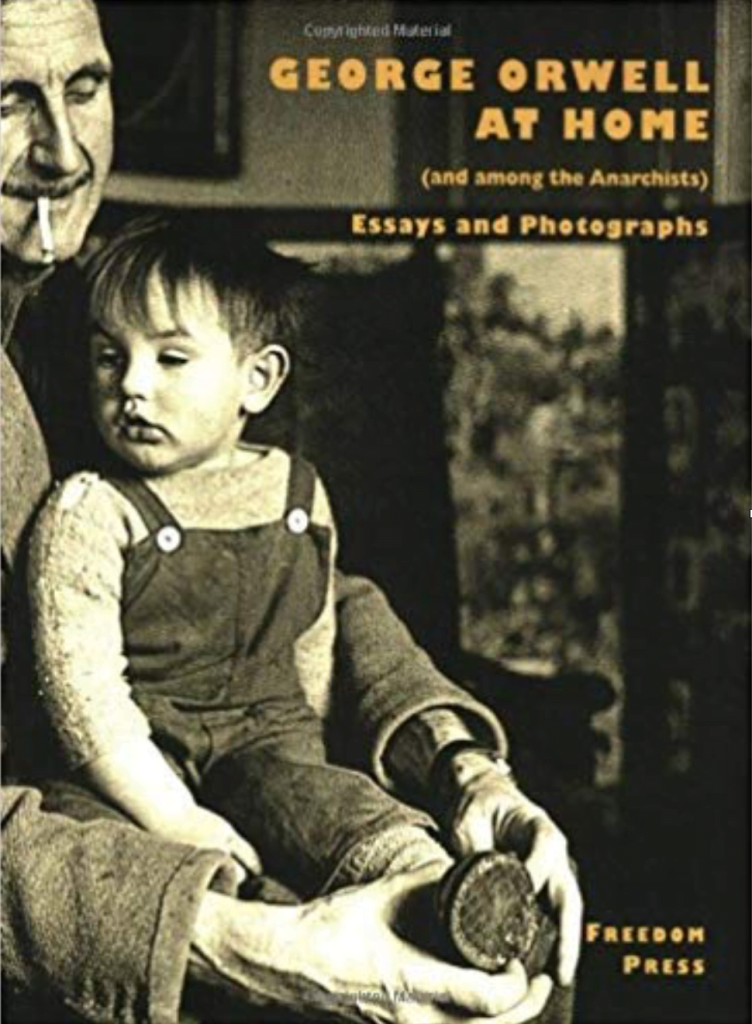
Vernon, Richards George Orwell at Home (and Among the Anarchists): Essays and Photographs, (1998) London: Freedom Press.

Colin Ward critiques an interview from New Left Review of Alan Lovell, a regular Peace News writer in the 1960s and a member of the Committee of 100, by Stuart Hall and Paddy Whannel, looking at how anarchism was perceived within the group.
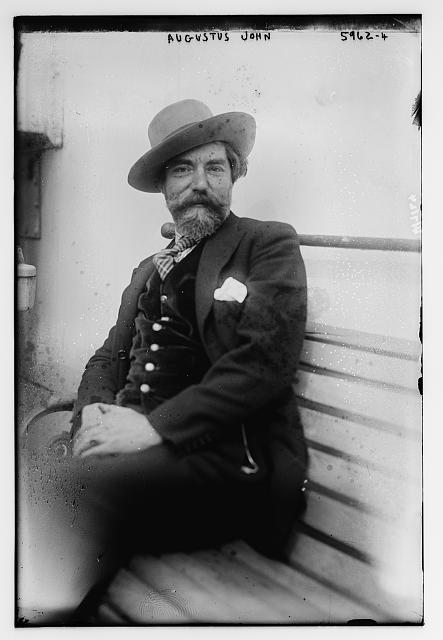
WHEN AUGUSTUS JOHN DIED at the age of 83 on October 31st 1961, the newspapers were full of such adjectives as “boisterous, blustering, brilliant” (Daily Herald) and “robust, swashbuckling, romantic” (The Times).
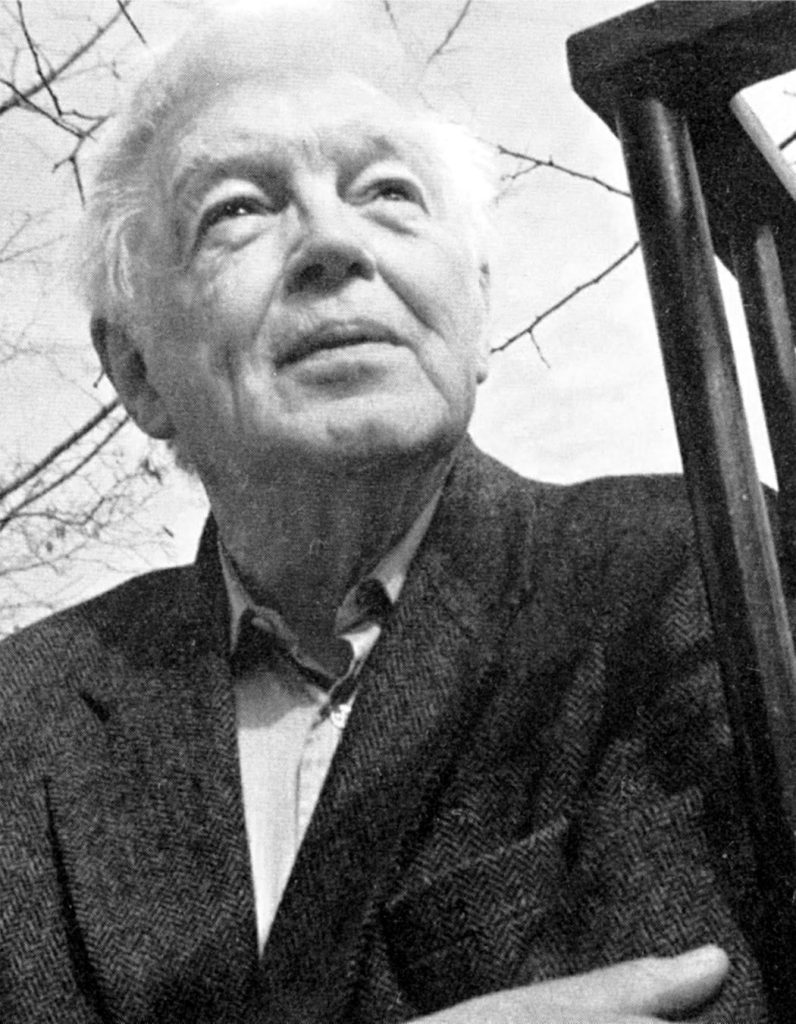
This piece by Colin Ward is the text of a paper read to the anti-war Committee of 100 seminar at Kensington Central Library on November 20th, 1961.